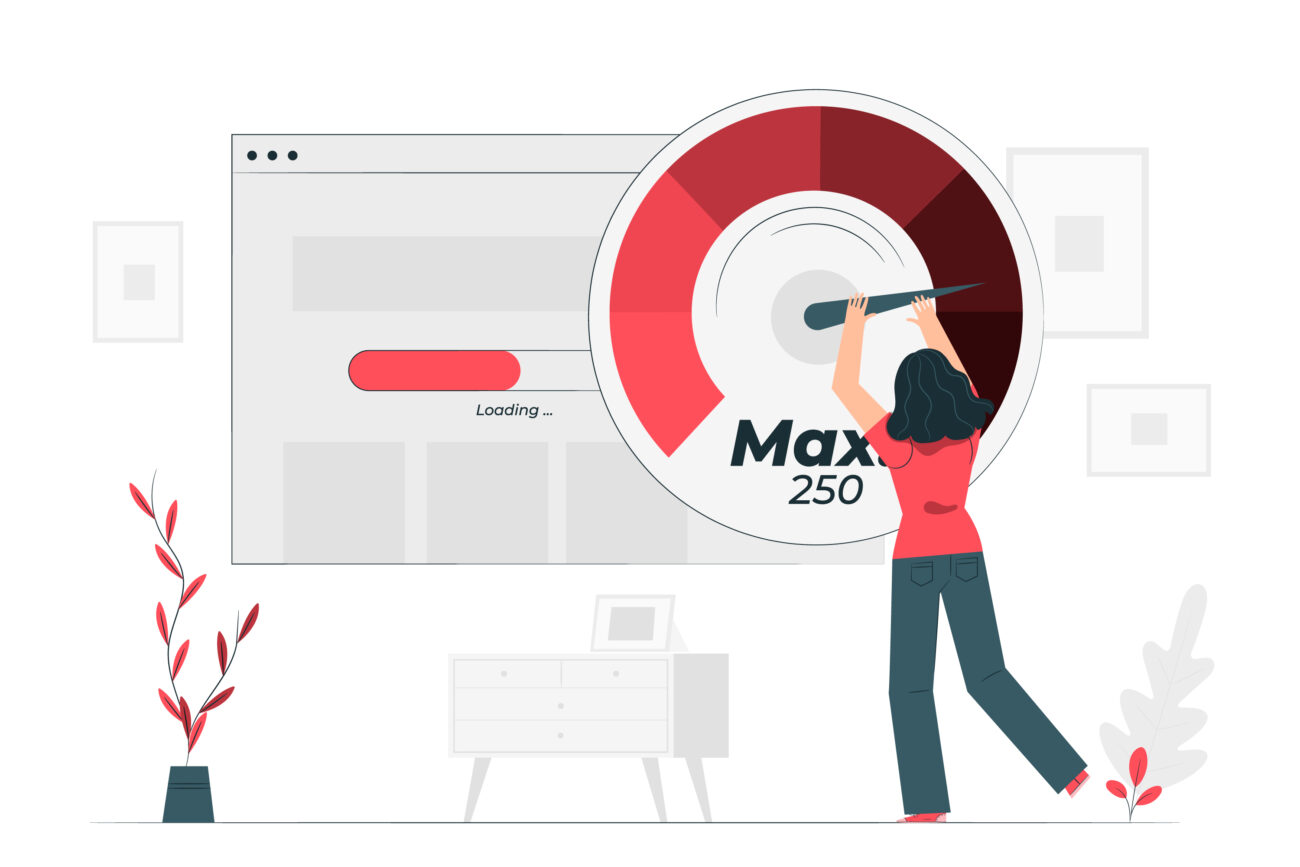Digital Marketing Glossary
These are a glossary of internet marketing terms and definitions.
Banner Ads
An advertisement that is displayed on a web page or email. Typically the ad is “clickable” and redirects the respondent to a specific web page. Banner ads are typically priced per impression (cost per impression or CPI), per thousand impressions (CPM) or per click (CPC).
Bings Ads
An advertising management tool developed and maintained by Microsoft for placing online ads. Ads can be triggered by keyword searches or can appear on non-search content websites that are typically contextually related to the ad.
Campaign
A process by which a website owner acquires website visitors, particularly visitors that convert, as well as the conversion and retention processes that follow the acquisition. Campaigns can utilize online ads, links, outbound emails, and even off-line triggers such as direct mail, to acquire targeted visitors.
Canonical URL
A URL that always resolves in the same way. Canonical means “official” or “authoritative” and that is exactly what needs to be done – establish one “official” URL for each of your website pages, especially the Home page. More information can be found in this blog post.
Click Fraud
Any activity which deliberately causes a PPC advertiser to pay for a worthless click. This can take several forms, such as competitors clicking on PPC ads to waste the advertiser’s budget. Another common form of click fraud occurs when website publishers allow search engines to serve PPC ads and employ paid clickers or software bots to click on ads to boost their revenue.
Click-Through Rate (CTR)
The percentage of people who see a “clickable” call-to-action, such as an online ad, and actually click on it. Also referred to as “CTR.”
Conversion
The process by which a website visitor completes a process that is desired by the website owner. In B2C (Business-to-Consumer) sites, a conversion is typically an online sale. For B2B (Business-to-Business) sites, a conversion can be the completion of a form providing the website owner with the visitor’s contact information, permission to contact, and other information.
Conversion Rate
The percentage of visitors to a website who complete a process designed by the web marketer. For example, if out of 100 visitors who respond to an ad by clicking on it and coming to a landing page, two go on to complete and submit a form, the conversion rate for that program is 2%.
Google Ads (formerly Google AdWords)
An advertising management tool developed and maintained by Google for placing online ads. Ads can be triggered by keyword searches or can appear on non-search content websites that are typically contextually related to the ad.
Google Analytics
A website analysis tool that provides information about visitors to your website to help in marketing decisions and campaign performance measurement.
Google Suggest (formerly Google Auto-Complete)
A feature of the Google search engine that automatically displays search predictions similar to the typed term. The suggestions made are based on the top searches done using the Google search engine out of millions of searches.
Google My Business
Google My Business allows location-based listings to promote businesses to connect directly with customers, on Google Search, or Google Maps. This is available at no charge. Google My Business, previously known as Google Places and Google+ Local, allows you to add a link to your website, include hours of operation, photos, videos and even add promotional coupons.
Google Tag Manager (GTM)
Google Tag Manager (GTM) makes it easy for marketers to add and update website tags (marketing website code) — including analytics, remarketing, and more – with just a few clicks, and without having to wait for webmasters to implement. Only one piece of code, the GTM code needs to be implemented on the site. Everything is maintained within the GTM login. Click here for more information.
Internet Marketing
Leveraging the Internet as a means of communicating a company’s messaging, attracting prospects and customers, and conducting market research.
IP Address
Every device browsing the web presents an IP address (for example 71.174.103.42) detectable by the site they are visiting. If you’re at home or work for a small company, your IP address is probably assigned dynamically (changed from time to time) by your Internet Service Provider (ISP). If you work for a medium to large company, your IP address might be a static (unchanging) IP that’s assigned to your company. To find out the IP Address you are currently presenting, go to: http://www.whatismyip.com/.
IP Lookup
A process to resolve an IP address to determine the related website(s) or ISP or determine the IP address of a domain name. There are a number of free online tools for this purpose, including: http://www.networksolutions.com/whois/index.jsp.
Keywords
In the context of Internet marketing, a word or phrase used to perform an online search. The choice of keywords determines the search results outcome.
Keyword Research
A process undertaken to identify and gauge the relative importance of specific keywords as indicators of interest in the content of a website. Typically, certain factors such as search frequency, relevance and level of competition are used to aid in prioritizing keywords to target for a particular project.
Paid Inclusion
A program where the marketer pays for more prompt, frequent or thorough review of a website, however there is no guarantee as to rank or placement. Often used by companies with large websites to enhance indexing of many pages.
Parked Domain
A registered domain name (URL) which the owner has not developed into a website. Typically, parked domains are populated with pay-per-click ads on the root of the domain or via navigational links. Parked domains also often have a keyword search box. With the inclusion of a search box, parked domains are classified as syndicated search partners in Google Ads and Microsoft AdCenter. There are literally millions of parked domains in existence on the Internet today.
Impact of Parked Domains on PPC:
1) AdWords and adCenter advertisers are mostly unaware they are paying for their ads to appear here. Ads are displayed on parked domains by default in both Google Ads and Microsoft AdCenter.
2) Click fraud from parked domains through the use of anonymous proxies, clickbots, click exchanges, etc. is a major concern. Research shows the bounce rate from this type of traffic is extremely high.
3) Parked domains typically have a higher cost per conversion associated with them.
Pay-Per-Click (PPC)
Internet advertising where the advertiser pays a pre-agreed price each time someone clicks on an advertisement. Also called “Paid Placement.” The price is typically arranged via an auction, with ad placement determined by the relative size of the bid as well as other factors.
Search Engine Optimization (SEO)
The art of gaining top rankings in search results for search terms that are likely to be used by audiences that the marketer is interested in. Also called “Organic” or “Pure Search” because the results displayed are based on the relevance and popularity of the site. No money is paid to the search engines for placement or clicks.
Search Engine Results Page (SERP)
These are the pages that are displayed by search engines as a result of a search query.
Search Results
The listings displayed by a Search Engine after processing a search term.
Search Term
A keyword or keyword phrase entered into a search engine to perform a search on the Web.
Top Ranking
Generally a Search Results ranking within the first page of results displayed. Numerous studies have shown that few people search past the first Search Results page, which typically includes 10 – 20 listings.
Web Analytics
Software tools for measuring and tracking website visitors, including how they got to a website and their behavior on the site. Because so many things on the Web can be tracked and measured, Internet marketing can be a lot more scientific and technical than traditional marketing, advertising and public relations.
Website Audit
A diagnostic analysis of a website’s online visibility and effectiveness. A website audit may also identify problem areas that are costing your website potential traffic from the search engines and examine the effectiveness of the site’s user-experience for its visitors.
Next Steps…
Let us assess your website traffic needs and determine the best set of website marketing programs to achieve your desired results. Please contact us in confidence by calling +1-978-482-0130 or complete our Information Request Form.
Newsletter Sign-Up
Sign-up for our VantagePoint newsletter to get insider tips and expert advice from our team on SEO, PPC, Web Analytics, marketing automation, and Social Media Marketing.
Free Download: Marketing Automation Playbook
Get the ultimate guide to marketing automation
Understanding Google’s Consent Mode
Google’s Consent Mode represents a fundamental shift in the relationship between the advertiser and consumer. Its new marketing controls and audience opt-in system are intended to balance power between users and the parties collecting & utilizing their data, but businesses who fail to understand its complexity will miss valuable advertising opportunities. Digital Marketing and Privacy Controls Collection and utilization of user data are fundamental to effective marketing. However, with increasing concerns about privacy and data protection, marketers face challenges in navigating the regulatory landscape while still optimizing their campaigns. In response to these challenges, Google has introduced “Consent Mode,” a…
How To Use Conversion Rate Optimization for Maximum Success
In digital marketing, optimization strategies play a pivotal role in maintaining focus and achieving desired outcomes. Among these strategies, Conversion Rate Optimization (CRO) is a vital tool in the marketer’s arsenal. (If you’re a Chief Revenue Officer, I hope the shared initialism isn’t confusing – hopefully this info will still be useful!) If you’d prefer to leave this up to us, get in touch and we’ll tell you how we can help. Whether you’re running ads yourself or through an agency like us, it is crucial to understand CRO’s nuances and its use cases compared to other optimization strategies. What…
Demystifying Marketing Automation: Streamlining Success in Modern Marketing
In today’s fast-paced digital landscape, staying competitive requires businesses to embrace efficiency-enhancing tools. Among these tools, Marketing Automation stands out as a powerful catalyst for streamlining marketing efforts, driving engagement, and nurturing customer relationships. But what exactly is Marketing Automation, and what processes can it handle? Understanding Marketing Automation Marketing Automation refers to the use of technology to automate repetitive marketing tasks and workflows across multiple channels. It empowers businesses to deliver personalized, targeted content to their audience at the right time, optimizing interactions and conversions. Processes Managed by Marketing Automation Tools Email Marketing Automation: One of the foundational elements,…
SEO for Credit Unions
In today’s digital age, where online presence makes or breaks businesses, credit unions face a unique challenge in standing out amidst the financial sector’s competitive landscape. Establishing a strong online footprint isn’t just about visibility—it’s about fostering connections with potential members, nurturing trust, and emphasizing the community-driven nature of credit unions. Effective online marketing, especially through Search Engine Optimization (SEO), is paramount for credit unions. It isn’t solely about being found; it’s about creating an inviting digital hub that resonates with people seeking personalized financial solutions. Technical Website Assessment for Credit Unions Credit unions thrive on trust and reliability, and…
Google Reviews: the November 2023 Update
On November 8th, Google rolled out a significant update to its Google Reviews platform, ushering in changes that enhance the user experience and place a greater emphasis on the quality and authenticity of reviews. These updates not only benefit consumers seeking reliable information but also empower reviewers to showcase their expertise and provide valuable insights. The update finished rollout on December 7. Here, we’ll explore the key modifications Google has introduced and how they impact both reviewers and those seeking reviews. Key Changes in Google Reviews The Google Reviews update is part of a larger process by Google to organize…
Understanding Google’s Helpful Content Update
Google has introduced the Helpful Content update as part of their continued effort to enhance user experience and provide valuable, reliable information. This initiative aims to elevate the quality of content available across its platforms, benefiting both content creators and consumers seeking credible information. A big motivator for Google is the massive proliferation of AI-generated content on the search engine. Users are increasingly being served gibberish results to queries, and faltering confidence in Google’s algorithm must be addressed. Let’s delve into what this update entails and how businesses can optimize their marketing within this framework. What is Google’s Helpful Content Update? The…






